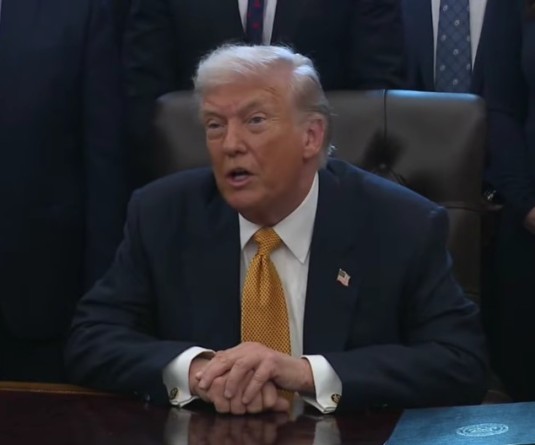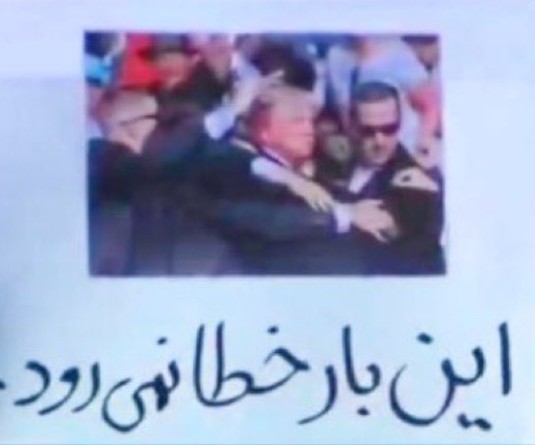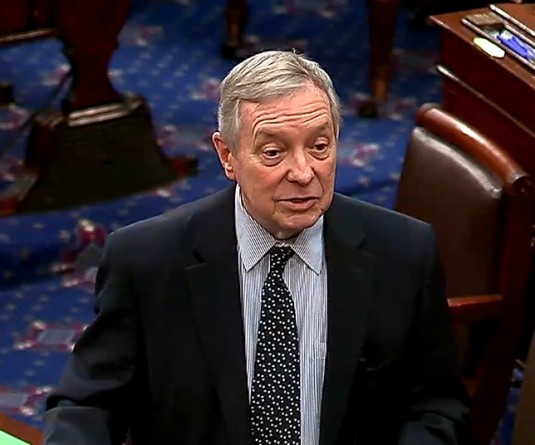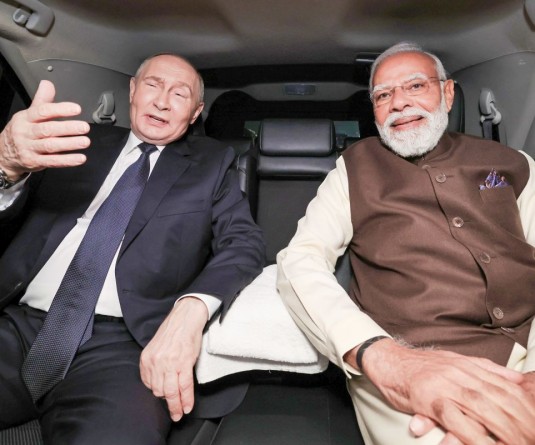
CAIRO, February 15 (AP): Egypt's long banned Muslim Brotherhood said Tuesday it intends to form a political party once democracy is established, as the country's new military rulers launched a panel of experts to amend the country's constitution enough to allow democratic elections later this year.
The panel is to draw up changes at a breakneck pace - within 10 days - to end the monopoly that ousted President Hosni Mubarak's ruling party once held, which it ensured through widespread election rigging. The initial changes may not be enough for many in Egypt calling for the current constitution, now suspended by the military, to be thrown out completely and rewritten to ensure no one can once again establish autocratic rule. Two members on the panel said the next elected government could further change the document if it choses.
The military's choices for the panel's makeup were a sign of the new political legitimacy of the Muslim Brotherhood, the fundamentalist group that was the most bitter rival of Mubarak's regime. Among the panel's members is Sobhi Saleh, a former lawmaker from the Brotherhood seen as part of its reformist wing.
The eight-member committee, which met with Defense Minister Hussein Tantawi on Tuesday, also includes a Christian supreme court judge, along with other judges and legal experts, one of its members Mohammed Hassanein Abdel-Al, a legal scholar told The Associated Press. The panel is headed by Tareq el-Bishri, a widely respected former judge and scholar who was once a secular leftist but later became one of the most foremost thinkers of what Egyptians refer to as the "moderate Islamic" political trend and is seen as a bridge between the movements.
The panel's convening indicated the military was trying to push ahead quickly with a transition after Mubarak resigned Friday in the face of 18 days of unprecedented popular protests that massed hundreds of thousands. The military is now also urging an end to labor strikes that spread wildly across the country Sunday and Monday, unleashed by the turmoil.
The strikes, many hitting state agencies and industries, are a further blow to Egypt's economy, damaged by the three weeks of upheaval. Egypt's Foreign Minster Ahmed Aboul Gheit called on the international community to provide aid to boost Egypt's economy.
Throughout Mubarak's rule, his regime kept a stranglehold on Egyptian politics. Any opposition parties had to be approved by a commission run by his ruling National Democratic Party. The constitution his leadership drew up puts stiff restrictions on who can run for president, effectively preventing a real challenger. It also lifted almost all independent supervision of elections, opening the door to vote rigging that ensured the most recent parliament - now dissolved - was almost entire made up of the NDP. As a result, the existing political parties are hollow shells, with little public following. The constitution also explicitly bans any parties formed on a religious basis. The Muslim Brotherhood, legally banned for decades, was prevented from forming a party but ran candidates for parliament as independents. In 2005, it made a surprisingly strong showing, winning 20 percent of parliament's seats, but it was pushed out completely in the most recent election in November and December, plagued by fraud.
The Brotherhood announced Tuesday that it would form a party once promised freer laws are in place.
"The Muslim Brotherhood group believes in the freedom of the formation of political parties. They are eager to have a political party," spokesman Mohammed Mursi said in a statement on the Brotherhood website. Essam el-Arian, a prominent Brotherhood figures, said the movement would not run any candidate for upcoming presidential elections, acknowledging that such a move would be too controversial.
The panel is to draw up changes at a breakneck pace - within 10 days - to end the monopoly that ousted President Hosni Mubarak's ruling party once held, which it ensured through widespread election rigging. The initial changes may not be enough for many in Egypt calling for the current constitution, now suspended by the military, to be thrown out completely and rewritten to ensure no one can once again establish autocratic rule. Two members on the panel said the next elected government could further change the document if it choses.
The military's choices for the panel's makeup were a sign of the new political legitimacy of the Muslim Brotherhood, the fundamentalist group that was the most bitter rival of Mubarak's regime. Among the panel's members is Sobhi Saleh, a former lawmaker from the Brotherhood seen as part of its reformist wing.
The eight-member committee, which met with Defense Minister Hussein Tantawi on Tuesday, also includes a Christian supreme court judge, along with other judges and legal experts, one of its members Mohammed Hassanein Abdel-Al, a legal scholar told The Associated Press. The panel is headed by Tareq el-Bishri, a widely respected former judge and scholar who was once a secular leftist but later became one of the most foremost thinkers of what Egyptians refer to as the "moderate Islamic" political trend and is seen as a bridge between the movements.
The panel's convening indicated the military was trying to push ahead quickly with a transition after Mubarak resigned Friday in the face of 18 days of unprecedented popular protests that massed hundreds of thousands. The military is now also urging an end to labor strikes that spread wildly across the country Sunday and Monday, unleashed by the turmoil.
The strikes, many hitting state agencies and industries, are a further blow to Egypt's economy, damaged by the three weeks of upheaval. Egypt's Foreign Minster Ahmed Aboul Gheit called on the international community to provide aid to boost Egypt's economy.
Throughout Mubarak's rule, his regime kept a stranglehold on Egyptian politics. Any opposition parties had to be approved by a commission run by his ruling National Democratic Party. The constitution his leadership drew up puts stiff restrictions on who can run for president, effectively preventing a real challenger. It also lifted almost all independent supervision of elections, opening the door to vote rigging that ensured the most recent parliament - now dissolved - was almost entire made up of the NDP. As a result, the existing political parties are hollow shells, with little public following. The constitution also explicitly bans any parties formed on a religious basis. The Muslim Brotherhood, legally banned for decades, was prevented from forming a party but ran candidates for parliament as independents. In 2005, it made a surprisingly strong showing, winning 20 percent of parliament's seats, but it was pushed out completely in the most recent election in November and December, plagued by fraud.
The Brotherhood announced Tuesday that it would form a party once promised freer laws are in place.
"The Muslim Brotherhood group believes in the freedom of the formation of political parties. They are eager to have a political party," spokesman Mohammed Mursi said in a statement on the Brotherhood website. Essam el-Arian, a prominent Brotherhood figures, said the movement would not run any candidate for upcoming presidential elections, acknowledging that such a move would be too controversial.






